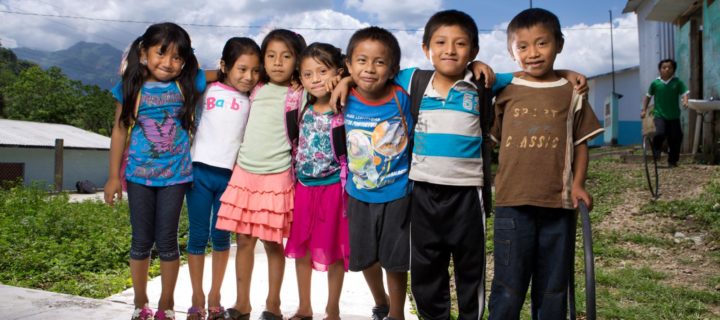Last week, President Biden nominated Vice President Harris to oversee the immigration issue at U.S. southern border, where thousands of unaccompanied minors are arriving from Central America. A few days later, ex-President Trumps said that “he will probably visit the southern border in coming weeks,” taking the crisis as an opportunity to get back in the media.
Some analysts have used the COVID pandemic to explain the present situation, but studies show that the numbers before the virus were not much better. Immigration authorities apprehended a record-setting 76,020 unaccompanied minors at or near the U.S.-Mexico border during the 2019 fiscal year, an increase of 52 percent over 2018. Detention of Central American children rose roughly 130 percent in the first half of 2019 compared to the same period in 2018. Some studies claim that as many as 45% of children in Latin America are street children, a range of 8 million to 50 million. (The wikipedia page called “Street children in Latin America” will give you an overview).
There are no politics or immigration laws that will correctly address and respond to this horrific situation. It’s 2021, but we’re back to Victor Hugo’s Les Miserables. Having children treated as fourth-class citizens is despicable and dangerous. Children hold a very special place in our social fabric. They are not a productive working force, nor part of any voting population; children don’t have any power or any political representation. At the same time, however, they represent the future. They will be the generation that replaces and transforms the one currently in power.
These children are not migrating but escaping hardship and violence in all it forms, and few of them are applying for asylum; they prefer to use other “routes,” mistrusting any institution. This predicament at the border is not an immigration issue but a humanitarian emergency. All the countries of Latin America need to declare a state of emergency and work together to create a special task force to transform the situation of these children. As we are already see in Guatemala and Honduras, it is impossible to develop a peaceful and just society at the same time that there are children living on the street. It is a contraction that can’t be reconciled. Of course, the Latin American countries could ask the international community and UNICEF for support, but they need to get a multi-year plan along with a strategy to really transform not only the social structures but also the cultural values that created this situation in the first place (prejudice, discrimination, selfishness, dehumanization and disregard for human life). The U.S. cannot and will not resolve this issue. The the only thing that might happen with this crisis is that it will help to get an even more authoritarian president than Trump elected in four years.
It is the responsibility of everyone in Latin America to address the situation. The living conditions of their children today — ripe with harassment, rejection, gang violence, scarcity, and abandonment — is the formative landscape of the society they will build tomorrow. Changing these living conditions today will transform the continent’s tomorrow.










